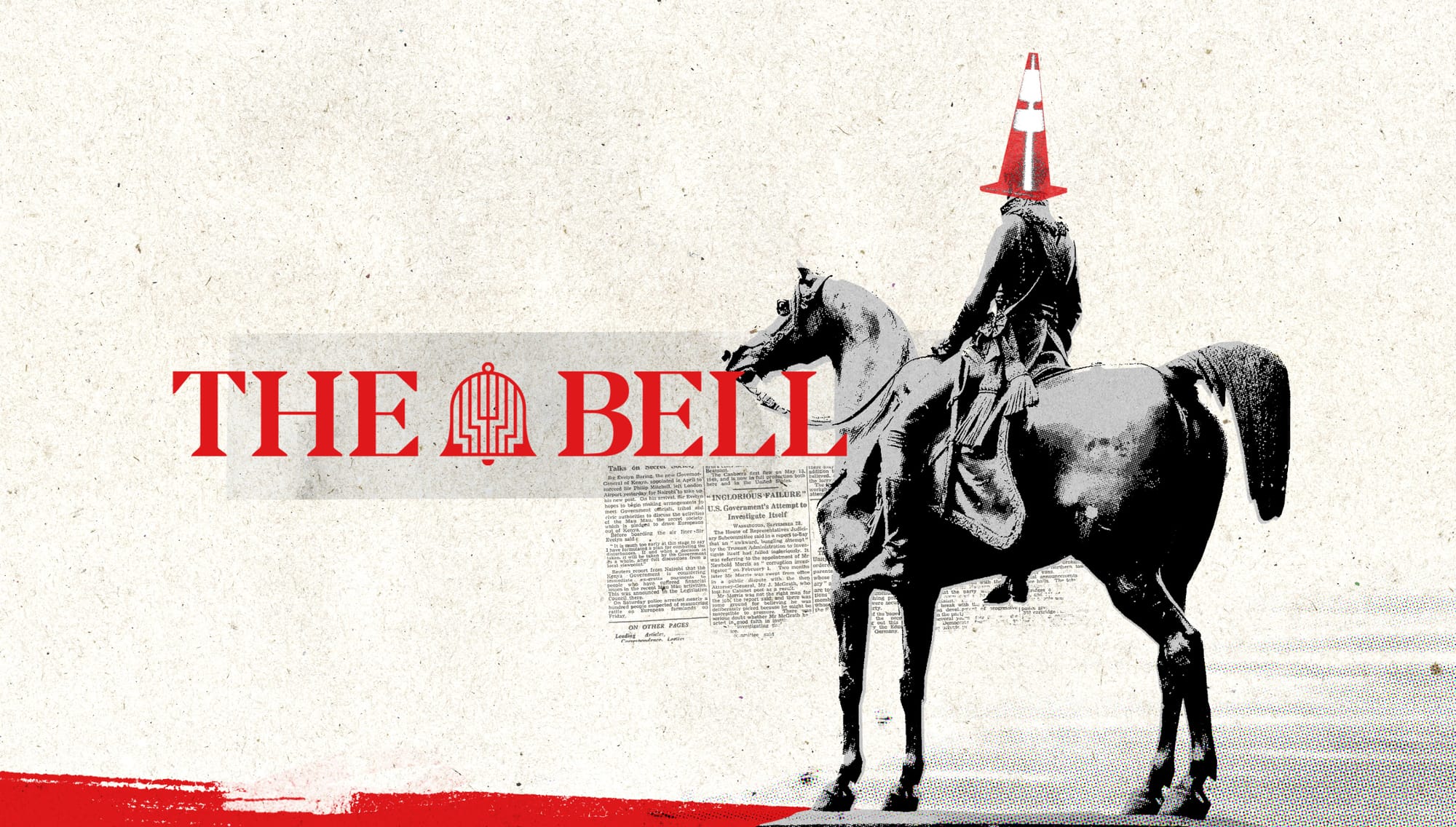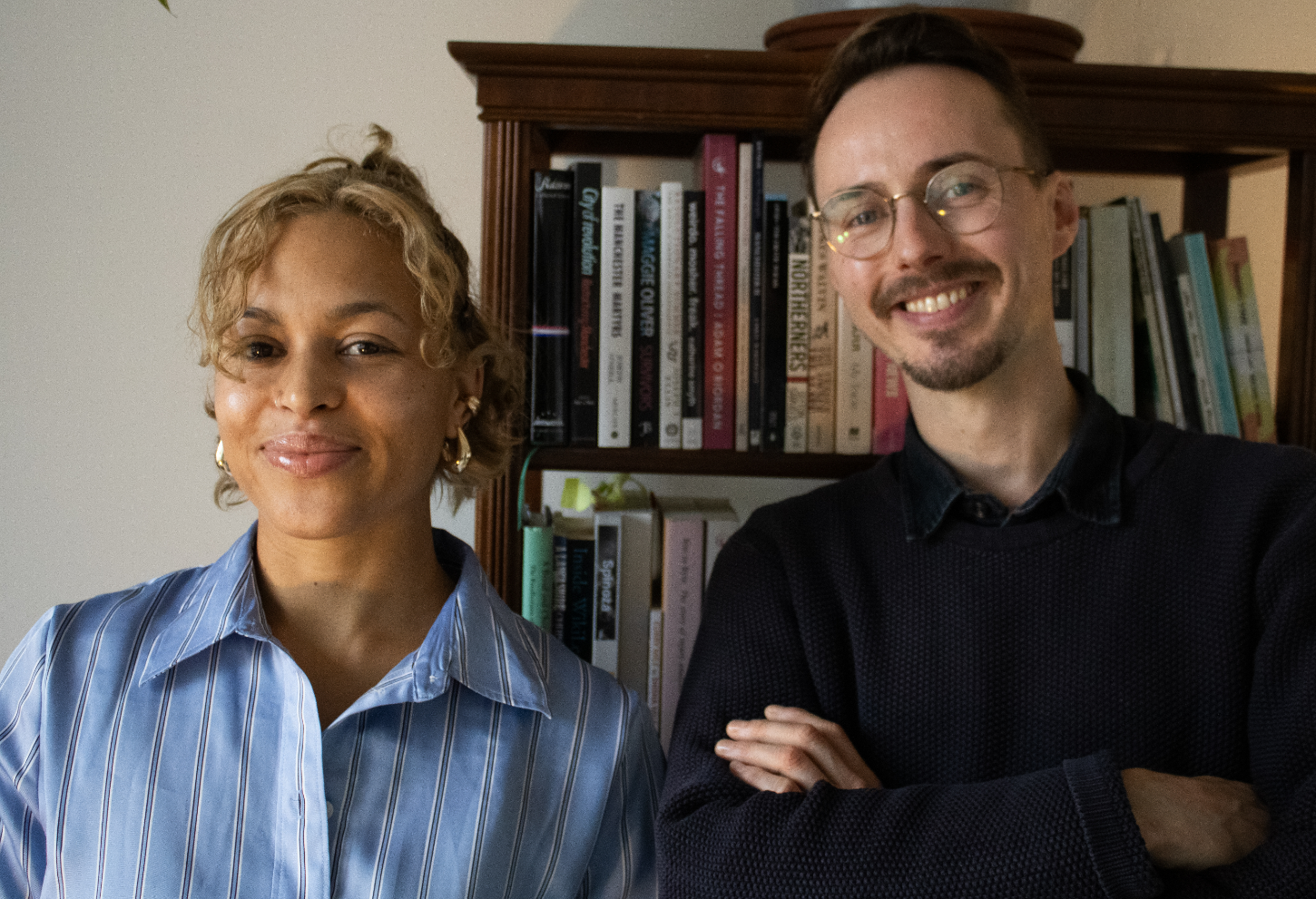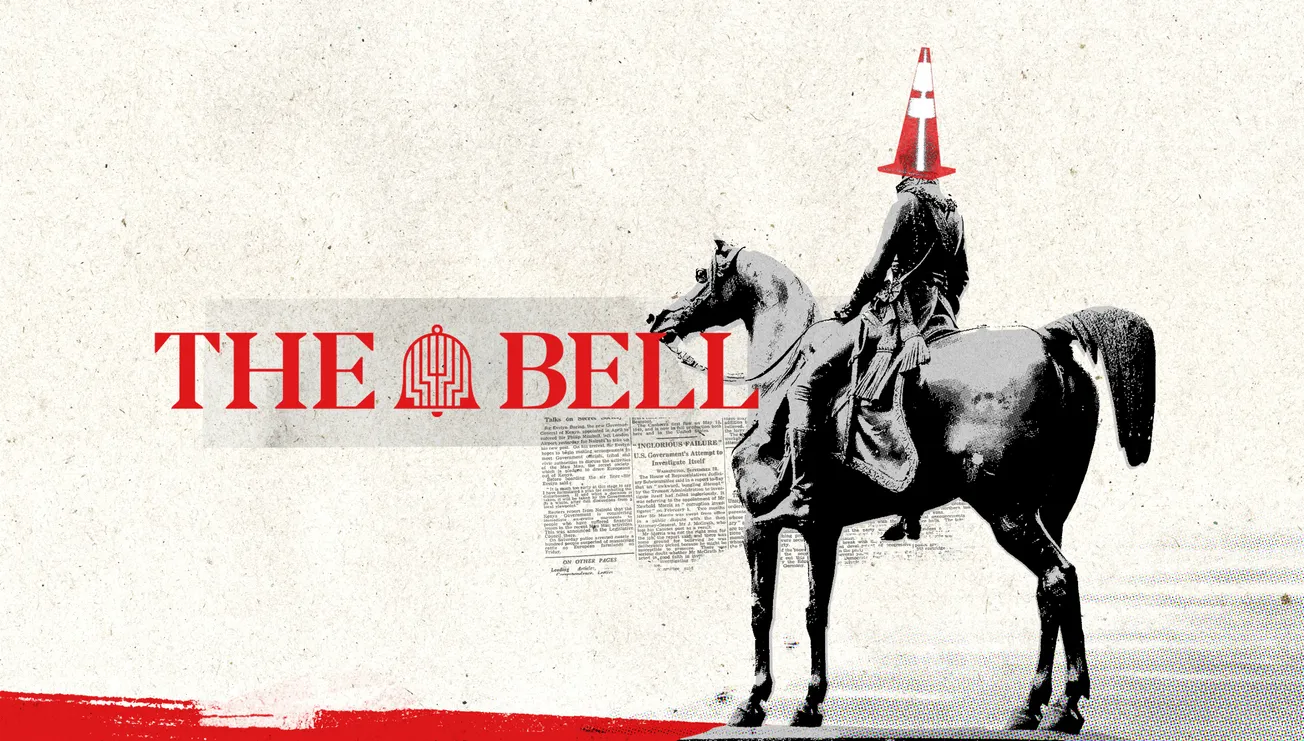This is how the story goes: after finishing his training at Saint Serf’s monastery in his home of Culross, a young man called Kentigern paid a visit to his friend, Fergus. Depending on which bard or Wikipedia page you’re adhering to, Fergus either sickened and died after a period of Kentigern lodging with him, or inhospitably passed away the very same night Kentigern turned up at his door. Some tales even have it that the two had no prior acquaintance but instead met by a roadside, with barely the time to exchange pleasantries before Fergus was barking out instructions for Kentigern to follow. Again, all of these details depend on how, or by whom, the tale is delivered.
Either way, on his deathbed, Fergus told Kentigern to place his body in a cart yoked to two wild bulls and let them pull the body to wherever the Lord ordained. ‘Wherever’ turned out to be a place known as Cathures, not far from the banks of the Clyde. The beasts stopped dead and here Kentigern buried Fergus, naming the spot Glasgui. He established his church on the Molendinar Burn, where Glasgow Cathedral stands today.

Over the years, Kentigern became his name only to the English and Irish; at home, in Scotland, he was better known by ‘Mungo’, the pet name lovingly affixed to him by Saint Serf, his foster-father. Later, Mungo would acquire that all-important canonisation. Glasgow’s patron saint, and his foundational mythology, had arrived. At least, that’s how some folks tell it.
Glasgow’s coat of arms is a picturebook testament to the four major miracles that earned Saint Mungo his title. There’s the bird that never flew, the tree that never grew, the bell that never rang and the fish that never swam. Helpfully, the miracles rhyme, although the business of engineering neat couplets means the actual nature of the miracles are obscured.
There’s one about reviving the dead (bird), an impossible act of jewellery recovery (fish), relighting an extinguished fire with prayers (tree) and a papal gift of a bell with miraculous powers that was mysteriously lost, to both Glasgow and history – hence it never having the chance to ring.
By 1641, the Pope’s gift to Mungo had been replaced by a replica deid bell, tolled to announce the news that Death had claimed another member of the city’s growing population, signalling to its citizens to come together for a feast and funeral at the home of the deceased. This bell, the 17th century one, very much did – and still does – exist, but is also currently lost to the public as it lives in the People’s Palace museum, closed for refurbishment until 2027. And if you’ve got any insight into how that’s going, by the way, give us a bell.
All of this to say: we love a yarn. Glasgow is a city of storytellers and street bards, of fantastical fables and embellished tales. It’s also a place of congruence and incongruities, where the contradictions are part of its charm. It’s where the Highlands and Lowlands meet, where heavy industry and hedonistic revelry jostle, where the Victorian rubs up against the modern, where greys and verdant greens smudge together. It’s where the Billy Boys and Norman Conks once fought, where Celtic and Rangers fans still do, where Labour and SNP play tug o’ war, where the gallus is coupled with just a glint of gloom.

In the past year alone, Glasgow has been described as: a shipwreck; the greatest city on Earth; a city on its knees; a dump; in alarming decline; one of the top European cities for creative careers; a bombsite; a mess; stuck in a horrible place with no immediate prospect of moving; a better city than Barcelona and Sydney; and the worst it has ever been.
Whether you live in Glasgow or an Unthank-esque dystopian nightmare depends on your perspective and, probably, your politics. The truth, like the apocryphal-sounding origin story of Saint Mungo, lies somewhere in the space between fact and fiction. Here at The Bell the focus will be on the factual, but the truth needn’t come at the expense of a great tale.
Glasgow is home to one of the oldest daily newspapers in the world. Not only are a raft of other titles, print and digital, published in the city, we house the national broadcaster, the hub of Scotland’s commercial radio sector and a thriving independent production hub. In short, Glasgow is a great media city.
What will The Bell add to this landscape? We think there are plenty of stories in the city that would benefit from a closer look. Our whole model is about spending a bit more time on stories – so instead of publishing hundreds of stories each week, we will send you just three or four in-depth pieces and we'll try to make them as informed and readable as possible. In other words, we're all about quality rather than quantity.
If you feel you're bombarded by information and you want a publication that only sends you stories that are truly worth your time, then you've come to the right place. The declining economics of the news business have resulted in most journalists having to write high volumes of stories to boost online "traffic" and not having enough time to do original reporting – including finding sources, going to meet people in person and obtaining documentation. Because we're going to be funded by our readers rather than scale-hungry online ads, we won't be subject to those pressures and can focus on serving you.
If you’re familiar with our Mill Media sister titles over the border in northern England, you’ll know we’ve built our reputation on narrative-driven, long form local journalism (if you’re not yet acquainted, here’s a chance to rectify that). The Guardian has described us as "a small media company that is providing high-quality, deeply researched reporting to its readership.”
But we don’t just deal in long reads; we’ll also be publishing thoughtful political analysis, investigations and opinion writing that holds a mirror up to the variety and fun of life in the city. And around this time every Monday we will be sending you an essential 'Bell Briefing' with everything you need to read, watch, visit and know for the week ahead.

So much of our media consumption today can feel like wading through mud; often worthy, important mud, but mud nonetheless. Sure, there is mopery. Times are hard. But there is space for some light to break through the chinks. In that vein, on Wednesday, we’ll have our first piece sent out to subscribers as Ophira Gottlieb takes her seat at the bingo tables of Glasgow to explore the city’s long-standing love affair with the game.
We’re not going to blanket our stories with ads and we’re not here to compete with the fantastic journalism that already exists. What we will do is make the most of the journalistic talent in one of the most important media cities in Europe, creating something new to benefit the Glasgow of the now, and the future, and enrich the lives of our readers (which means we want to hear from you: pitch us or send a tip!).
Far from reigniting an exhausted fire here at The Bell, we’re inheriting a flame that’s been carried continuously by this proud newspaper city for centuries. But aye, we are ringing Mungo’s fabled bell and we hope you hear the call.
Almost 1,000 of you have already joined our mailing list (if you haven't yet, just click here), and the biggest help you can give us for now is telling friends about The Bell by sending them this post. In around a month's time, we'll be asking you to join us as paying members if you want to get all of our stories in your inbox. But for now, please just spread the good news with the zeal of a sixth century missionary monk in the Kingdom of Strathclyde.






